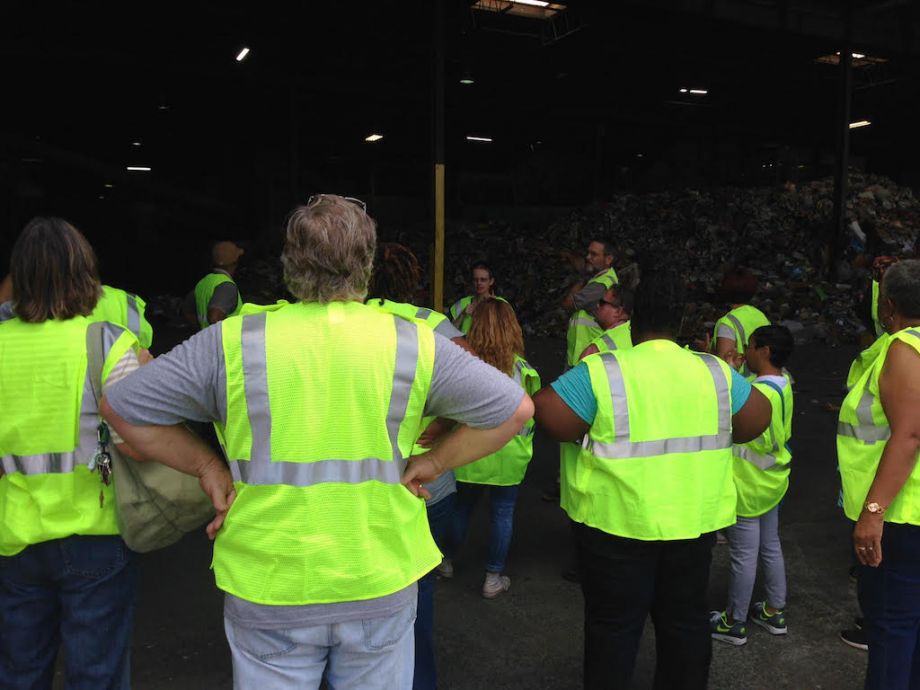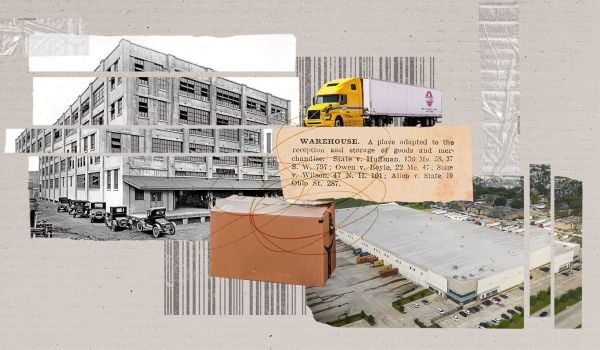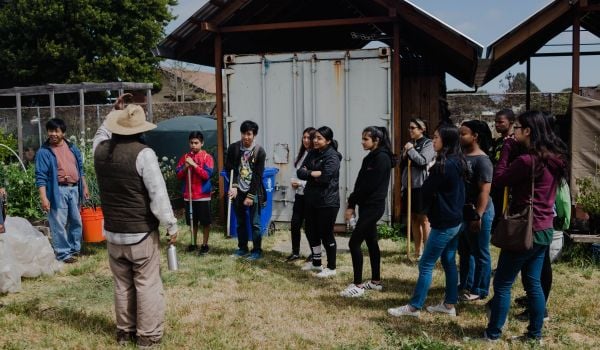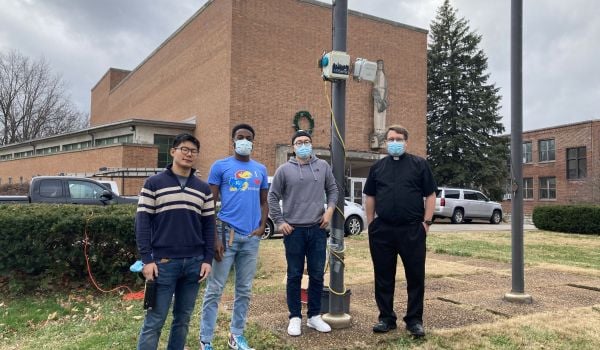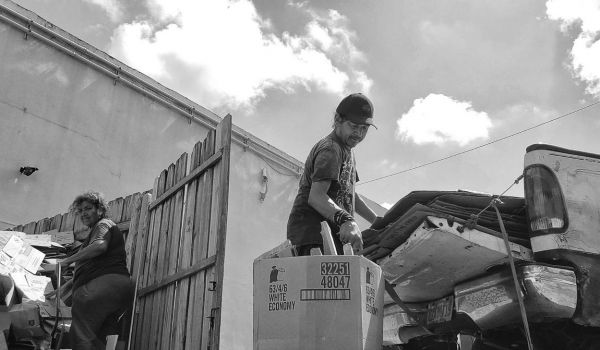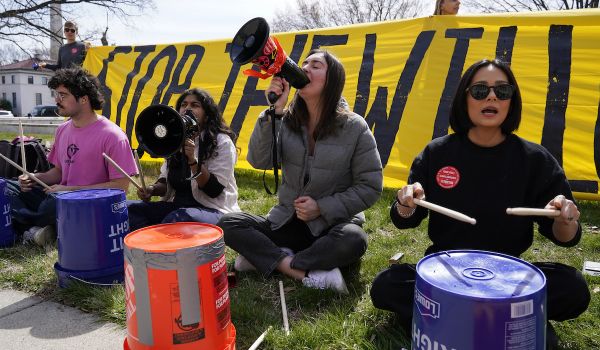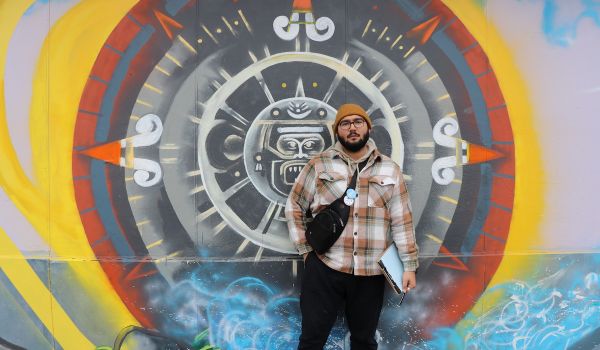Charlotte’s Solid Waste Services department recently announced a plan to get nearly 16,000 homes in majority low-income and minority neighborhoods to cut the amount of trash they discard by half.
“We know that our lower-income and majority-minority communities discard waste at an overall higher rate with very little participation in recycling,” explains Brandi Williams, community affairs manager at Solid Waste. “Our Healthy Communities program makes waste reduction personal by showing residents there is a direct connection between their behavior toward the environment and their personal health.”
The average Charlottean adds roughly 20 pounds of trash to landfills each week. This number scales to a rate nearly three times higher in the 25 communities identified by Solid Waste as consistently high waste producers — many of which are located along the West Boulevard Corridor, where the agency’s campaign will launch this fall.
Healthy Communities seeks to chip away at some of these challenges by leveraging the city’s goal of reaching zero waste by 2050 and centering the conversation on food.
“Environmental pollution is particularly important since it affects the food system directly. Whether you are looking at air or water pollution, both of these have a negative impact on the food system,” says Philip Otienoburu, an assistant professor of biology who leads the Center for Renewable Energy and Sustainability at Johnson C. Smith University. “Low-income communities are particularly vulnerable since as you will notice in Charlotte, affordable housing tends to be located in the most polluted areas, highly intersected by Interstate highways and with highly impaired creek systems.”
Indeed, U.S. cities have repeatedly concentrated health hazards such as waste transfer services and industry in low-income neighborhoods and areas where most residents are people of color. Otienoburu’s students work on environmental justice in Charlotte, providing leadership training on air and water quality issues as well as conducting creek cleanups.
Solid Waste’s initiative will offer workshops on how to access fresh, organic food in neighborhoods where access to grocery stores is limited, community-hosted vegan dinner parties, and tips to saving money by reducing food waste.
Workshops and outreach to residents throughout what’s planned to be a three-year-long program will also help to introduce people to the city’s Food: Too Good to Waste initiative, which is supported by an EPA grant and will further encourage residents to reduce the amount of food waste they’re sending to landfills.
Solid Waste expects its effort to cost around $75,000. Additional labor support will come from a mashup of county services, neighborhood associations and sustainability advocates.
Meg Fencil, education outreach and program director for Sustain Charlotte’s sustainable communities program, has led health and wellness efforts in addition to recycling and anti-littering campaigns in communities in the West Boulevard Corridor.
“In general, there’s often high turnover in communities where most of the residents rent their homes. Many people may have never been taught to recycle, or apartment complexes in many of these communities don’t offer it,” says Fencil.
Her organization has worked over the last three to four years in communities like Grier Heights and Reid Park, where Solid Waste will focus its campaign. They’ve helped residents establish sustainability vision plans, organized trash cleanups and recycling drives, and provided small stipends to engage local youth in becoming educators in their communities on these issues.
By partnering with Solid Waste on the Healthy Communities initiative, Fencil believes the program will have greater impact in helping people learn the basics of recycling and reducing waste to start making a difference.
“Residents [we’ve worked with] know that it’s not just a matter of what goes in the trash … communities care about neighborhood pride and beautification. They also care about their health,” Fencil says.

Sherrell Dorsey is a social impact storyteller, social entrepreneur and advocate for environmental, social and economic equity in underserved communities. Sherrell speaks and writes frequently on the topics of sustainability, technology and digital inclusion. Her work has been featured in Black Enterprise Magazine, Triple Pundit and Inhabitat.
Follow Sherrell .(JavaScript must be enabled to view this email address)

